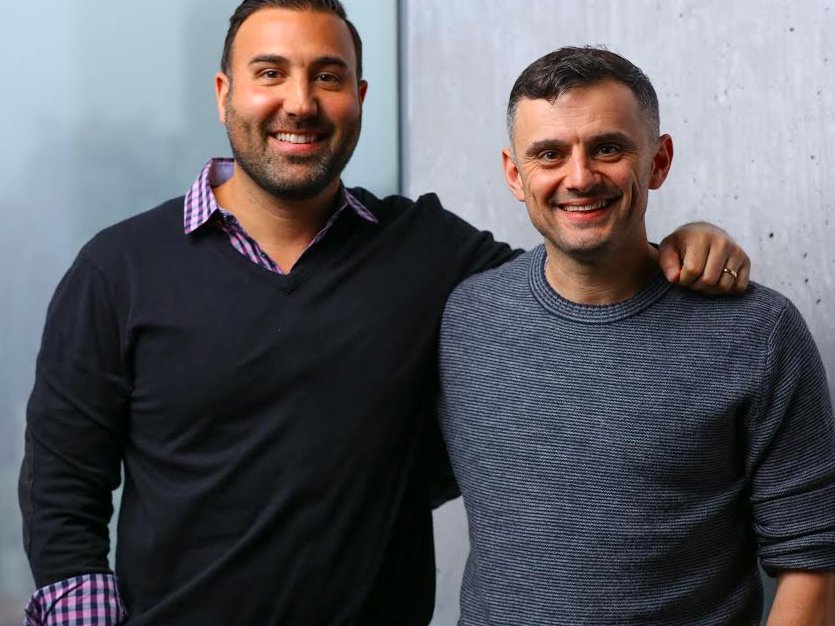
Serial entrepreneur Gary Vaynerchuk is buying PureWow, a women’s lifestyle media company, in the latest sign of the convergence of publishers and digital advertisers.
PureWow will become the cornerstone of a new portfolio of media companies, that will pair with Vaynerchuk’s digital marketing agency. Together, the companies will form an online publisher with in-house advertising and marketing expertise, a combination which has worked well for the likes of Vice and BuzzFeed.
The price of the deal was not disclosed. According to one source familiar with the company’s finances, PureWow generated about $20 million in revenue in 2016.
PureWow CEO Ryan Harwood will lead the collection of media sites, while Vaynerchuk will be the CEO of a new holding company that encompasses both sides.
Since Harwood left Goldman Sachs in 2009 and founded PureWow, which targets “upper” Millennial and Gen X women, the company has become an efficient revenue machine. Harwood told Business Insider earlier this year that the company had been profitable for several years, with about 30% profit margins. The key, Harwood said, was in premium native advertising, including branded video, which he said accounted for 85% of PureWow’s revenue.
But, at 11.7 million monthly unique visitors (via ComScore), PureWow hasn’t snagged the scale of some of its competitors.
Now Harwood wants to change that, and thinks Vaynerchuk will help supercharge PureWow’s social media and video.
“We didn’t capitalize on off-platform distribution [in places like Facebook, Snapchat, and so on],” Harwood told Business Insider. That’s Vaynerchuk’s forte. Harwood also pointed to the 70-person video team Vaynerchuk had already built.
For Vaynerchuk, buying PureWow was a way to play offense and not defense, he said.
VaynerMedia doesn’t just compete with other marketing agencies, but also with the in-house shops of new media companies like BuzzFeed and Vice. He wants to come at that market the other way: instead of a publisher building an agency, it’s an agency buying a publisher.
SEE ALSO:A media startup with just 10 million readers a month is on pace to generate $20 million this year
NOW WATCH: This all-electric, self-driving minivan is designed for millennials













